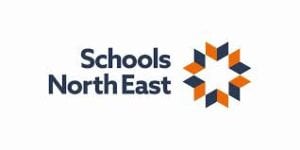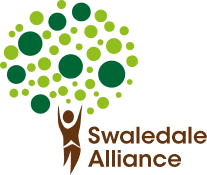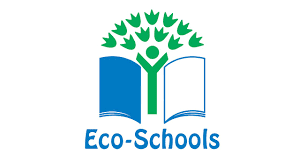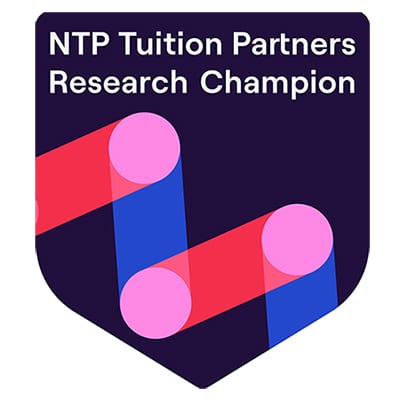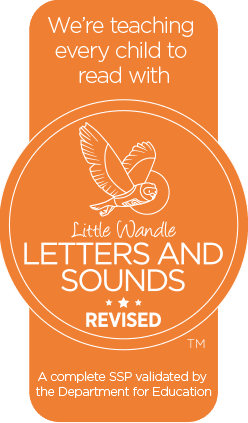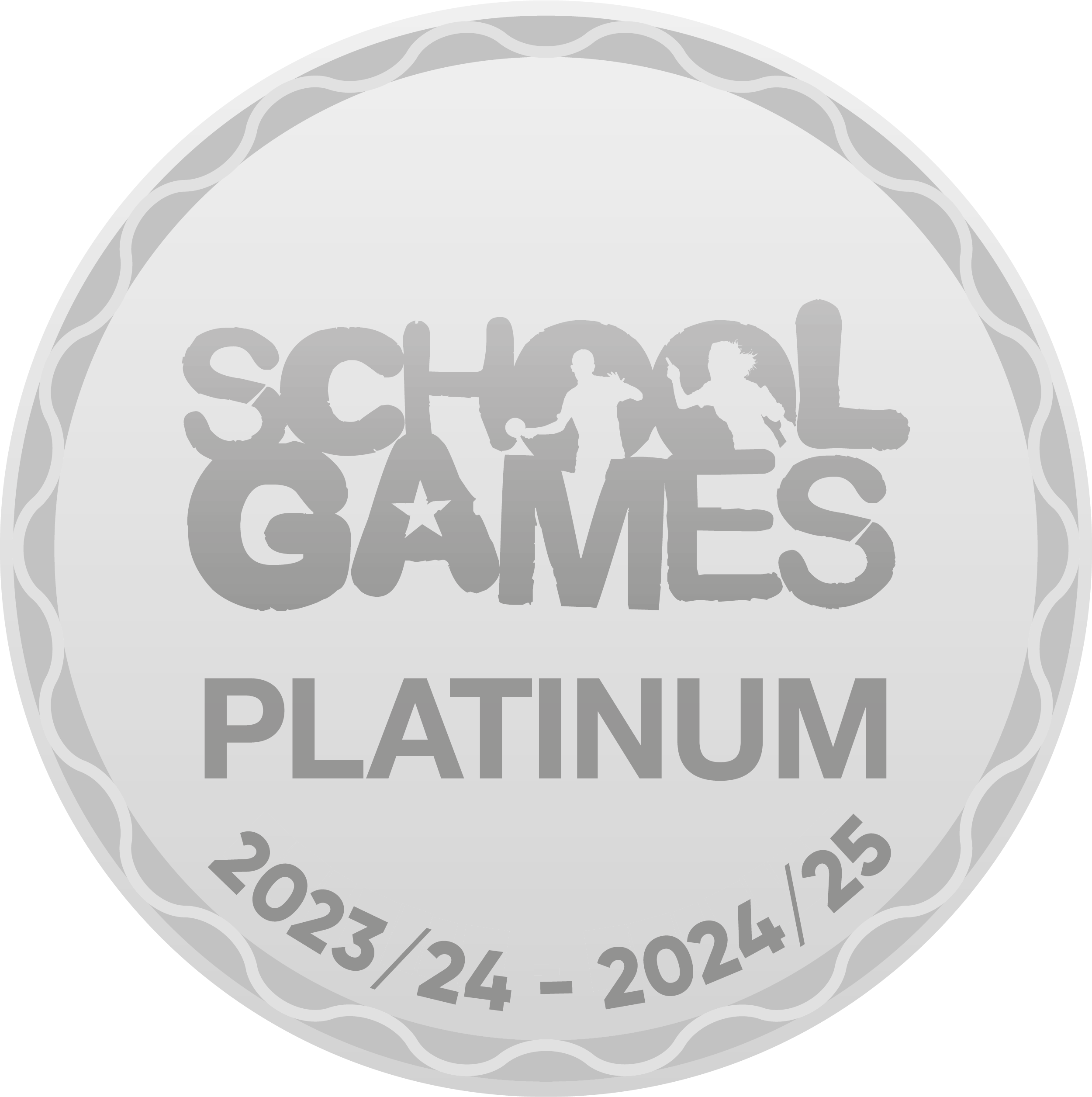Subject Leader: Mrs V Hughes
With a deep passion for mathematics, I strive to create a solid foundation for our Applegarth pupils, enabling them to understand the world, reason mathematically, and develop an appreciation for the beauty and power of mathematics. I have high expectations of all our pupils and ensure that a culture of confident and fluent mathematicians is cultivated. In my role as mathematics lead, I ensure Applegarth pupils are empowered to embrace mathematical challenges, overcome obstacles and develop a strong mathematical mindset. I believe that with the right support and guidance, every child has the potential to become a proficient and confident mathematician.
I am a staunch advocate for STEM (Science, Technology, Engineering and Mathematics) education. I actively promote STEM initiatives not only within the mathematics curriculum but across other subjects as well. By introducing STEM days and NSPCC Number days to our school calendar, I have created an environment which encourages our pupils to engage with mathematics and find enjoyment in the subject.
By fostering a positive and engaging learning environment, I ensure our children are encouraged to explore mathematics with curiosity and enthusiasm. Across our mathematics curriculum, opportunities are provided for pupils to apply their knowledge to real-life situations, embedding a deeper understanding and an appreciation for the practical application of mathematics.
| Mathematics – Intent Policies & Documents | Download |
| National Curriculum – Mathematics | Download |
| Progression of Mental Arithmetic | Download |
| Progression of Calculations | Download |
| Progression in Mathematics | Download |
| Mathematics Long-Term Plan* | Download |
At Applegarth Primary School, we provide a high-quality mathematics education providing a foundation for understanding the world, the ability to reason mathematically, an appreciation of the beauty and power of mathematics, and a sense of enjoyment and curiosity about the subject. Our curriculum has been designed to exploit the interconnectivity of mathematics to subjects such as science, computing and design technology so that children can move fluently between representations and mathematical ideas. We focus on these areas together not only because the skills and knowledge in each discipline are essential for student success, but also because these fields are deeply intertwined in the real world and in how students learn most effectively. STEM is an interdisciplinary and applied approach that is coupled with hands-on, problem-based learning. Mathematics is given the high profile it deserves as we recognise that it is essential to everyday life, critical to science, technology and engineering, and necessary for financial literacy and most forms of employment. We have high expectations for all pupils and ensure that they become confident, fluent mathematicians.
*We are in the process of continuing our curriculum journey. Speak to our mathematics lead, Mrs V Hughes for the most up-to-date version of the mathematics long-term plan.
Implementation

It is our expectation that that pupils will move through the programme of study at broadly the same pace. To do this, we use a mastery approach to mathematics supported by the use of the White Rose planning and resources from the outset in EYFS right through to Year 6. Our EYFS, Key Stage one staff and Maths Lead have received extensive CPD as part of the Jigsaw Mathematics trial (EEF and NFER) that we were part of. All staff have comprehensive, paid for Mastery Maths training delivered by an accredited provider. In addition, we work with the wider school-led network; we have been part of the Sustaining Mastery group with the Maths Hub for several years.
Times Table Rockstars and Maths Shed are used to promote rapid recall of number facts. Our curriculum allows for challenge through the use of rich and sophisticated problems (including NRich, NTETM and I See Reasoning) as well as support through consolidation and additional practice. Success @ Arithmetic and First Class @ Number are used to accelerate the progress of pupils at risk of falling behind. This school year, 2024/25 we will be taking part in Effectiveness Trial of Mathematical Reasoning in partnership with the EEF and NFER. The programme aims to improve mathematical attainment by developing pupils’ understanding of the logical principles underlying mathematics, primarily:
Quantitative Reasoning – the ability to reason about quantities and relations between quantities with or without numbers; and
Arithmetic – the ability to reason about relations between numbers using the four operations, with a specific focus on additive composition and the inverse relation between addition and subtraction.
Impact
Multiplication Tables Check
The MTC determines if Year 4 children can fluently recall their multiplication tables. The check is designed to help schools identify which children require more support to learn their times tables. There is no ‘pass’ rate or threshold which means that, unlike the Phonics Screening Check, children will not be expected to re-sit the check. The Department for Education (DfE) will create a report about the overall results across all schools in England, not individual schools.
There will be a 3-week window from Monday 2nd June to Friday 20th June 2025 for schools to administer the check. There is no set day to administer the check and children are not expected to take the check at the same time. All eligible Year 4 children in England will be required to take the check.
2021
27% of our Year 4 pupils achieved full marks. This puts our school in the top 10% of schools nationally.
The average number of correct marks per pupils was 16 which puts Applegarth in the top 5% of schools nationally.
2022
65% of our Year pupils achieved full marks.
The average number of correct marks per pupils was 23.7
2023
34% of our Year 4 pupils achieved full marks.
The average number of correct marks per pupils was 19.9
2024
24% of our Year 4 pupils achieved.
The average number of correct marks per pupils was 19.9


